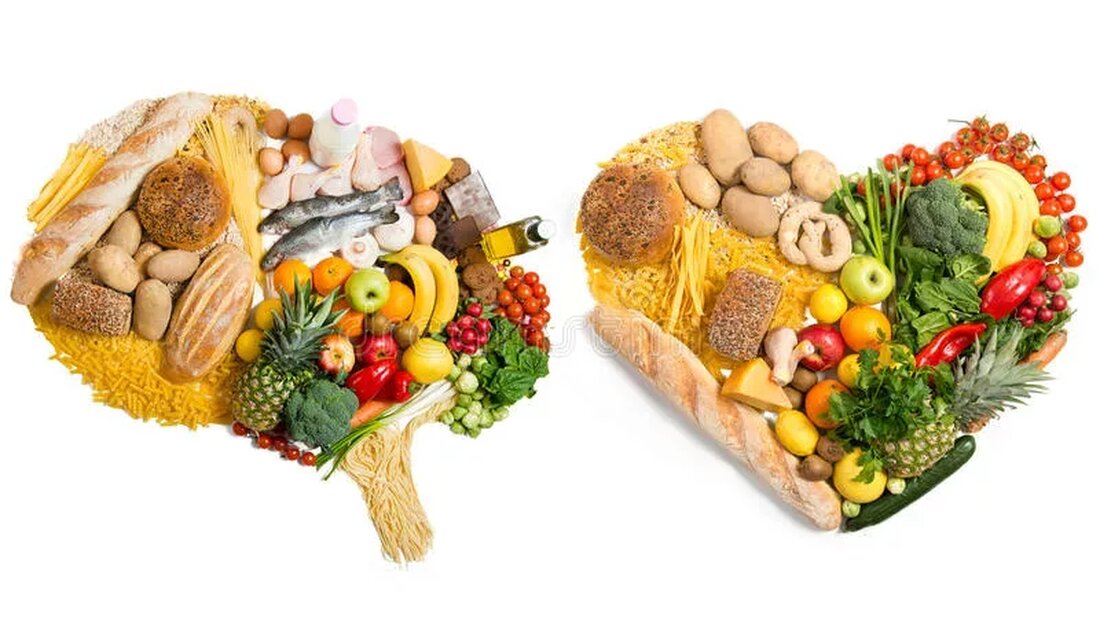What everyone should know about sunlight and how it optimizes your natural immune power for FREE
Have you ever noticed how the sun makes you feel HAPPY? Well… Did you know that the National Institutes of Health recognizes sunlight as the primary source of vitamin D? In fact, just 15 to 20 minutes of sun exposure 2 or 3 days a week will improve your natural immune response to such infectious and chronic health problems! Some of the benefits of vitamin D include reduced risks of autoimmune diseases such as multiple sclerosis, type 1 blood sugar problems, rheumatoid arthritis and inflammatory bowel health problems. Vitamin D is an essential nutrient that is crucial for optimal health and natural immune strength. In this article…

What everyone should know about sunlight and how it optimizes your natural immune power for FREE
Have you ever noticed how the sun makes you feel HAPPY? Good…
Did you know that the National Institutes of Health recognizes sunlight as the most important source of vitamin D?
In fact, just 15 to 20 minutes of sun exposure 2 or 3 days a week will improve your natural immune response to such infectious and chronic health problems!
Some of the benefits of vitamin D include reduced risks of autoimmune diseases such as multiple sclerosis, type 1 blood sugar problems, rheumatoid arthritis and inflammatory bowel health problems.
Vitamin D is an essential nutrient that is crucial for optimal health and natural immune strength.
In this article, I will break down the relationships that vitamin D relates to: Infectious Health Problems, Immunity and Asthma, and Immune Disorders.
Vitamin D & infectious health problems
Vitamin D stimulates the production of strong natural immune cells - including two critical white blood cell groups and natural killer cells... as well as internal cell tissues that line the airways and protect the lungs from infection.
There is evidence that vitamin D may help prevent a variety of infectious pathogens from continuing to grow. Additional studies show that skin wounds require vitamin D to protect against infection and begin the normal repair process.
A vitamin D deficiency can affect your body's natural immune system, which resists infection and makes you more susceptible to harmful bacteria.
Vitamin D, immunity and asthma
People living in northern climates have a higher risk of autoimmune problems, are more prone to allergies and asthma than people in sunny regions near the equator.
Vitamin D can balance two types of natural immune cells:
– T helper 1 and 2 cells.
In a normal immune response, these cells work together, commanding B cells to produce antibodies against an invader and killer T cells to attack it.
But…
When T helper 1 and 2 cells work independently.
The natural immune response of the T helper 1 cell can become disorganized and confuse healthy tissue with harmful germs, bacteria or tumors. The natural immune response of T helper 2 cells can mistake harmless invaders like pollen grains and mold spores for deadly threats, leading to the release of inflammatory chemicals that cause allergies and asthma.
Vitamin D regulates the development and function of T cells to combine the activities of these two types of T cells and coordinate the correct natural immune responses to real threats.
Vitamin D and immune disorders
Recent studies suggest that rates of server immune diseases are lower in the southernmost regions of the world than in the northern regions.
In fact, people who spent the most time in the sun developed 35% fewer health problems than those who spent the least time in the sun, regardless of age.
Additional studies show that vitamin D boosts your natural immune power's ability to identify and destroy immune cell disorders in the colon, breast and prostate before they can multiply.
Wondering what to do if you live in a mostly sunless region?
Good…
Vitamin D can be found in various foods and supplements, such as:
– Organic: salmon, mackerel, sardines, tuna, whole eggs, beef liver, Swiss cheese, vitamin D-fortified milk, margarine, ready-to-eat cereals;
-… And organic food supplements.

 Suche
Suche
 Mein Konto
Mein Konto
